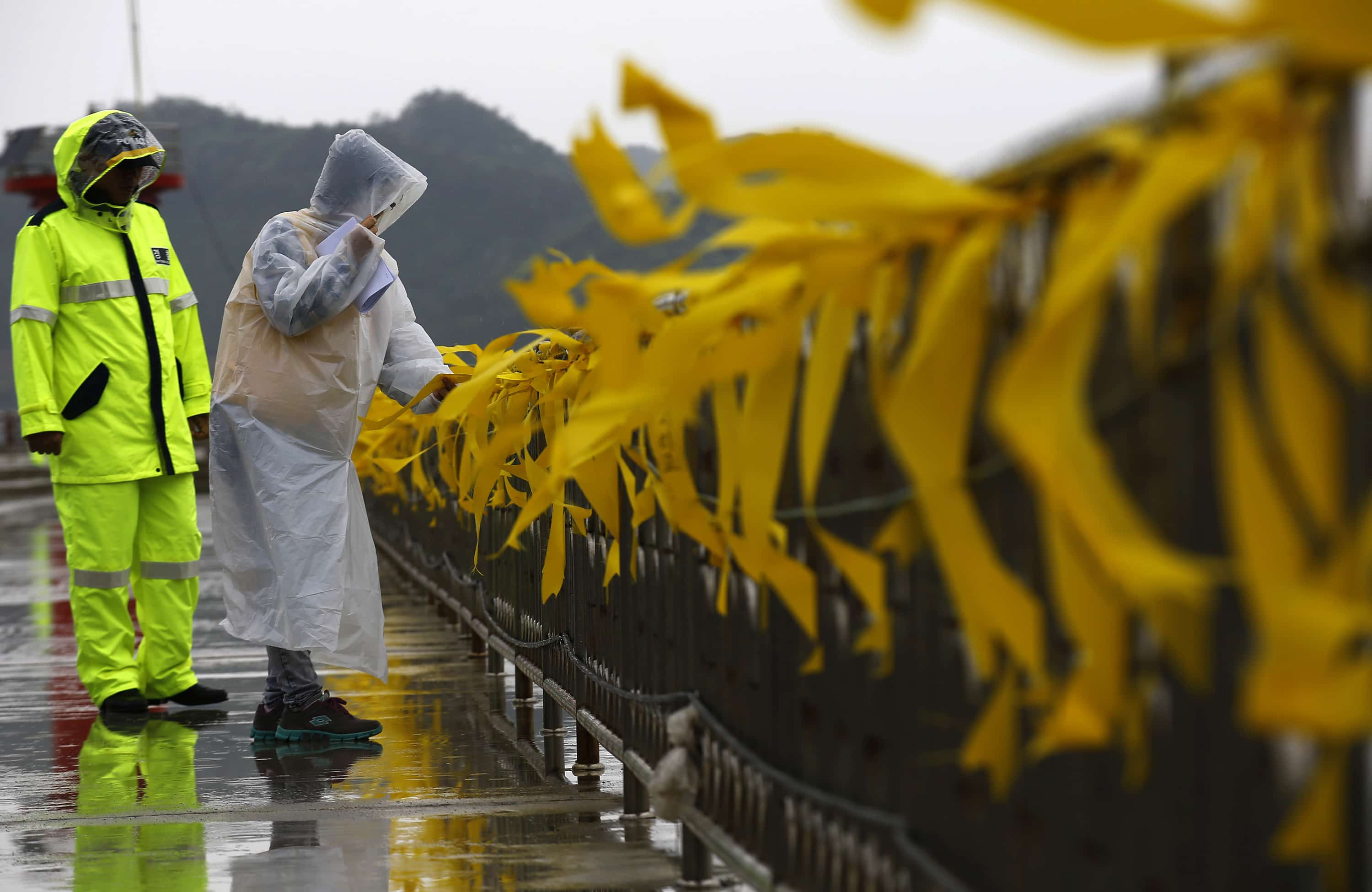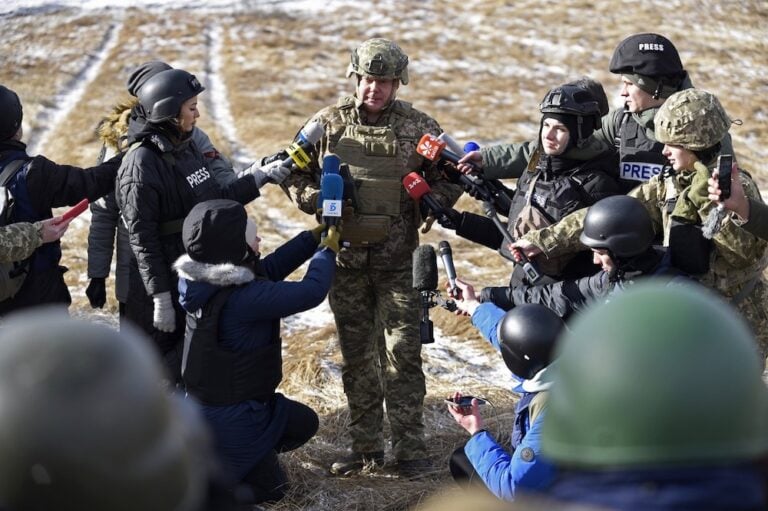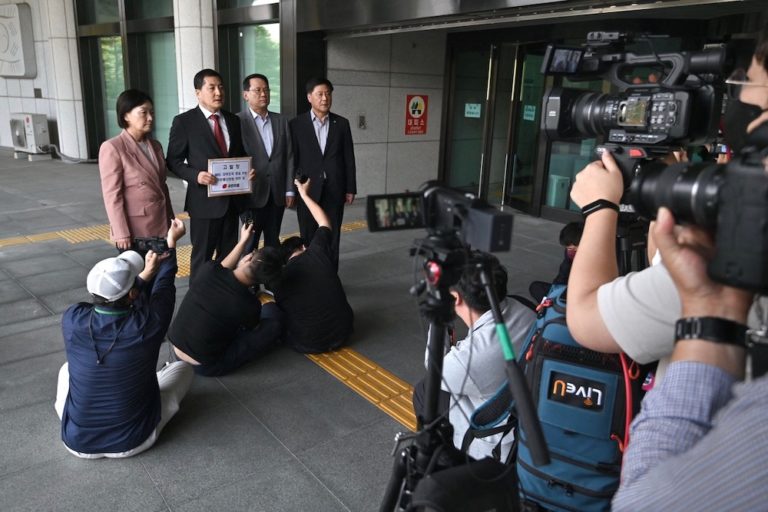Tatsuya Kato, a Japanese journalist who is the Tokyo newspaper "Sankei Shimbun"'s Seoul correspondent, is the subject of a criminal libel prosecution over a story about the South Korean president's actions at the time of a ferry sinking in April 2014.
Tatsuya Kato, a Japanese journalist who is the Tokyo newspaper Sankei Shimbun’s Seoul correspondent, is the subject of a criminal libel prosecution over a story about South Korean President Park Geun-hye’s actions at the time of Sewol ferry’s sinking on 16 April 2014.
The newspaper had no inkling that Kato’s story would elicit such a heavy-handed reaction from the president’s supporters when it was posted online on 3 August.
Prosecutors have questioned Kato several times since 18 August as a result of the complaints filed by an association of South Korean citizens. He is banned from leaving the country, he is under de facto surveillance and, if found guilty, he is facing a possible seven-year jail sentence.
His story was notably based on information published on 18 July in the South Korean newspaper Chosun Ilbo, which has not been the target of any complaint. Based on questioning of the chief of staff at the presidential residence, called the Blue House, Chosun Ilbo mentioned a “rumour,” alluding to speculation about the president’s actions at the time of the tragedy.
“It is completely normal for news media to ask questions about the actions of politicians, including the president,” said Benjamin Ismaïl, the head of the Reporters Without Borders Asia desk.
“Vagueness about the president’s agenda during a national tragedy is clearly a subject of public interest. Furthermore, Kato’s story was based on information which was already online and which has not been the subject of any complaint. We call on the authorities to drop the charges against Kato and to lift the restrictions on his movements.”
Five day’s after the article was posted online, two representatives of the South Korean embassy in Japan went to Sankei Shimbun’s headquarters to request its removal.
Kato was notified on 8 August that he was being investigated and was interrogated for a total of 16 hours during the next few days. Sankei Shimbun is known for being critical of South Korea and is not popular with the South Korean public.
South Korea is ranked 57th out of 180 countries in the 2014 Reporters Without Borders press freedom index.



